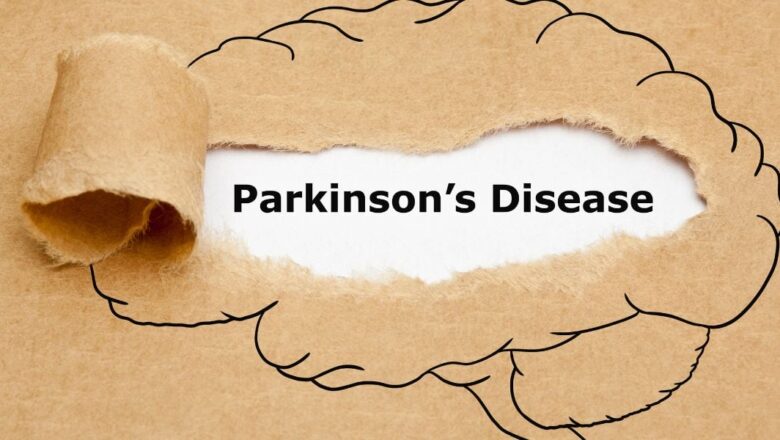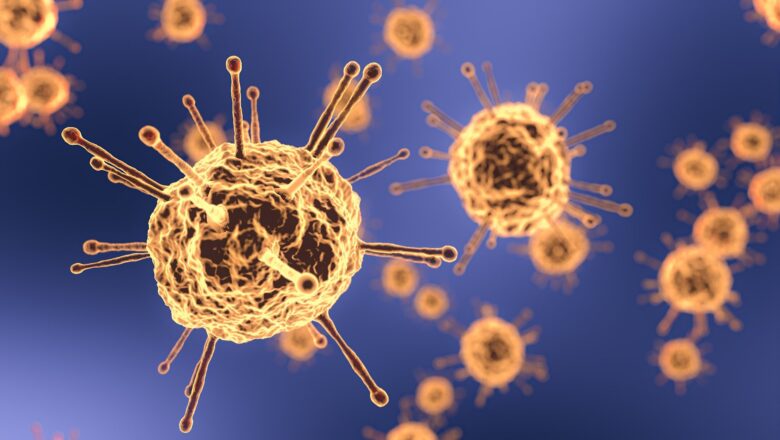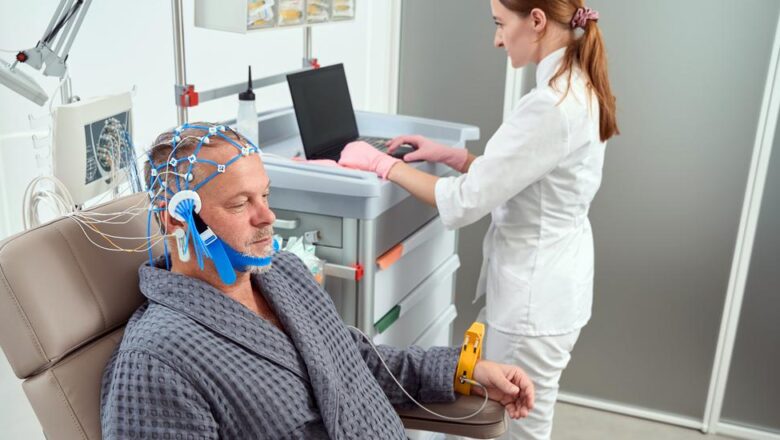
Parkinson’s Disease: Symptoms, Diagnosis and Treatment
What is Parkinson's Disease?
Parkinson's disease is a progressive neurological disorder that affects the central nervous system. It is characterized by the loss of dopamine-producing neurons in the brain. This causes difficulties in controlling movements. It usually manifests itself with symptoms such as tremors, muscle stiffness and loss of balance.
Early Symptoms of Parkinson's Disease
Early symptoms of this disease usually start mild and worsen over time. Here are some common symptoms to look out for:
Tremor: Mild tremors in the hands, fingers or chin are one of the first symptoms of Parkinson's.
Slow Movement (Bradykinesia): Slowness in daily movements and difficulty in taking steps.
Muscle Stiffness: Stiffness and difficulty in movements in the arms, legs or trunk....


